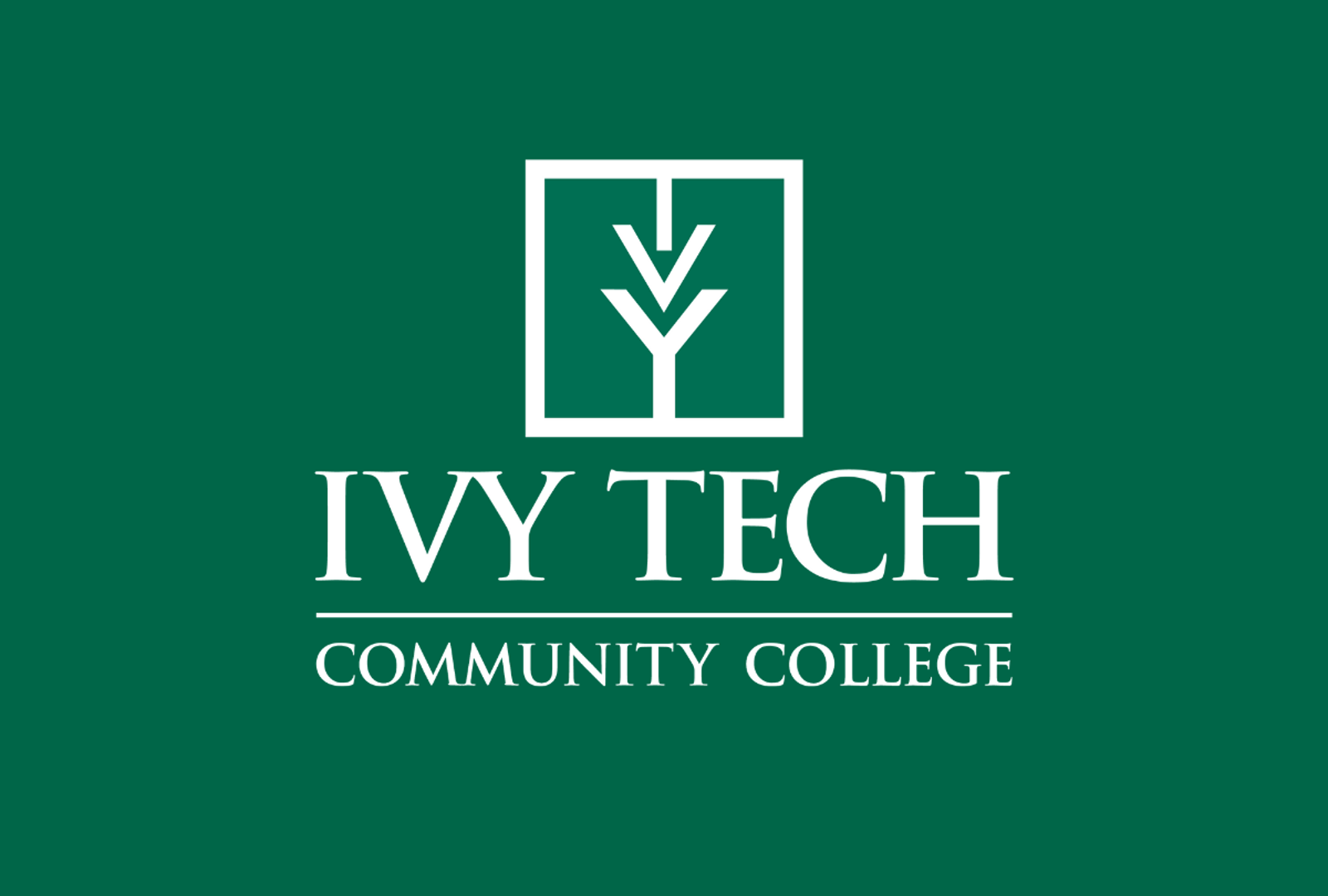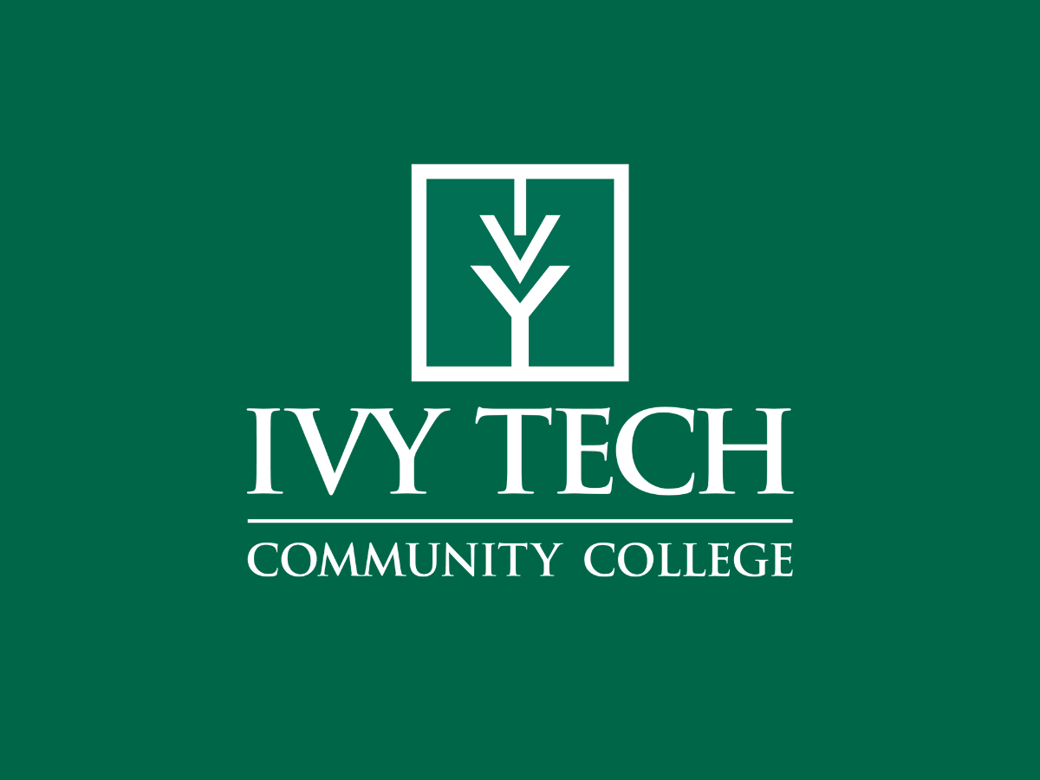Posted: Tuesday, October 14, 2014 12:01 am | Updated: 12:24 am, Tue Oct 14, 2014.
By MJ Slaby 812-331-4371 | mslaby@heraldt.com
In dual-credit courses, high school students can experience the rigor of a college course and earn college credit without leaving their high school building or teachers.
Monroe County Community School Corp. high schools are offering more dual credit courses than last year, and conversations about adding more are constant, said Jan Bergeson, director of secondary education.
That popularity is also reflected in the number of classes that both Ivy Tech Community College’s Bloomington campus and Indiana University partner with high schools to offer.
Not a new initiative, dual-credit courses are one way Indiana students can meet graduation requirements on several high school diplomas as well as earn advance college credits — typically in general education with a high transfer rate and a low cost.
But high schools around the state continue to search for qualified teachers.
Ivy Tech-Bloomington works with nearly 20 high schools in the region, and the sections offered are growing, said Vonda Clay, secondary initiatives coordinator for the campus.
For example, the English course went from five sections to 13 this year, Clay said. Seven of those English sections are at Bloomington High School South, she added.
“English is something that transfers … and is required for a lot — if not all — programs,” said Brad Thurmond, vice chancellor of academic affairs at Ivy Tech-Bloomington.
Plus, there are course additions.
“We have several courses we’ve never taught before,” Clay said. Examples include biology, economics and psychology.
Another reason for the popularity of Ivy Tech courses is that the community college doesn’t charge tuition to dual-credit students.
The high school principals were interested in Ivy Tech in part because they said juniors and seniors were paying a lot of money between the SAT, ACT, AP exams and dual credits, so this cut one cost, Bergeson said.
At IU, the Advance College Project works with about 170 schools statewide for a total of about 10,000 students. That’s an increase of about 2,000 students statewide from last year to this year, said Mike Beam, director of the project.
IU charges student $25 per credit hour — typically $75 a class — and that’s reduced tuition for classes that will transfer, Beam said.
Like Ivy Tech, IU is continually adding courses, too. Beam said the greatest growth includes United States history, chemistry and speech, because a lot of the schools already have English and math. Plus, he said schools tend to have several history teachers, and speech is a popular course with students.
Yet, those on both sides — the colleges and high schools — agree the biggest barrier that remains for dual credit growth is finding qualified teachers.
The requirements vary from course to course and from one higher education institution to another, but to teach Ivy Tech courses, a high school teacher must have the same qualifications as a faculty member or adjunct teaching that course. To teach an IU course, teachers must have the same credentials as an adjunct or temporary instructor for that course.
The process for teachers to apply varies between Ivy Tech-Bloomington and IU, but both include a relationship with faculty in that course’s department as well as site visits to ensure the class at the high school matches the one on campus.
“Broadly, they (the classes) need to be the same, because the class is just as rigorous and deep,” Thurmond said.
He said another problem schools face is if the only teacher qualified to teach a specific dual-credit course leaves, the school may have to stop offering the course, unless it finds another qualified teacher.
When hiring teachers at MCCSC, Bergeson said, finding teachers who already meet the requirements is something school leaders think about.
“It certainly is a consideration,” she said.
Beam and Clay said they’ve both heard the same from principals they work with.
“Principals said that teacher candidates that are qualified go to the top of the interview pile, because they are in high demand,” Beam said.
About Ivy Tech Community College
Ivy Tech Community College is Indiana's largest public postsecondary institution and the nation's largest singly accredited statewide community college system, accredited by the Higher Learning Commission. Ivy Tech has campuses throughout Indiana and also serves thousands of students annually online. It serves as the state's engine of workforce development, offering associate degrees, long- and short-term certificate programs, industry certifications, and training that aligns with the needs of the community. The College provides a seamless transfer to other colleges and universities in Indiana, as well as out of state, for a more affordable route to a bachelor's degree.


